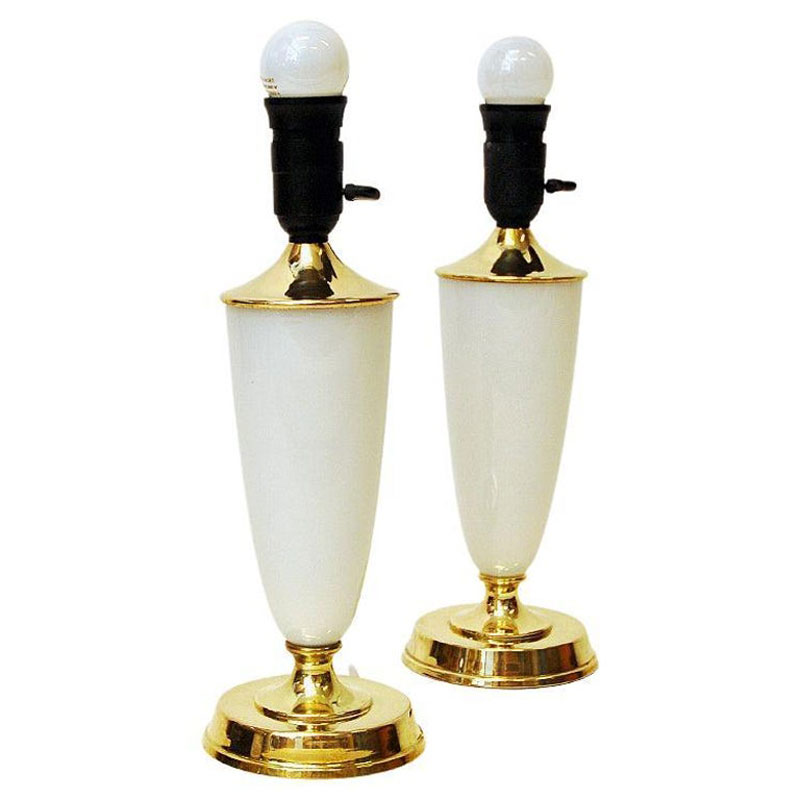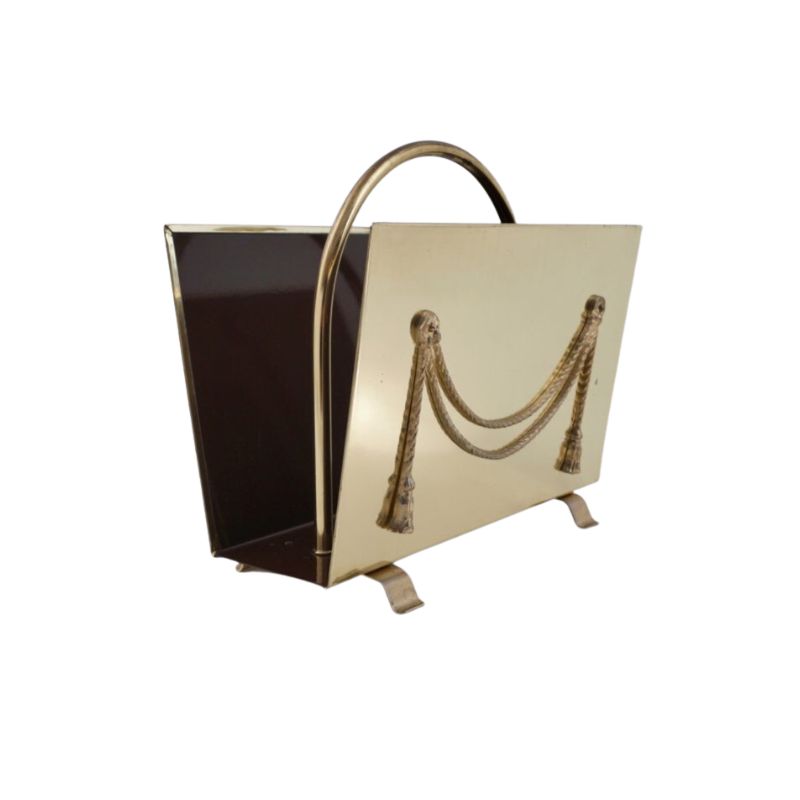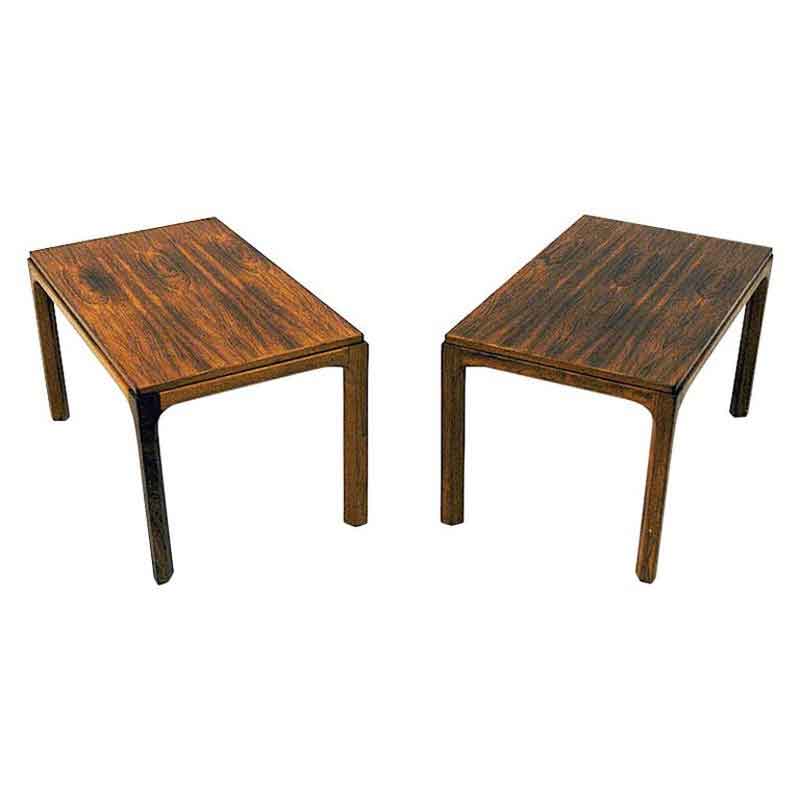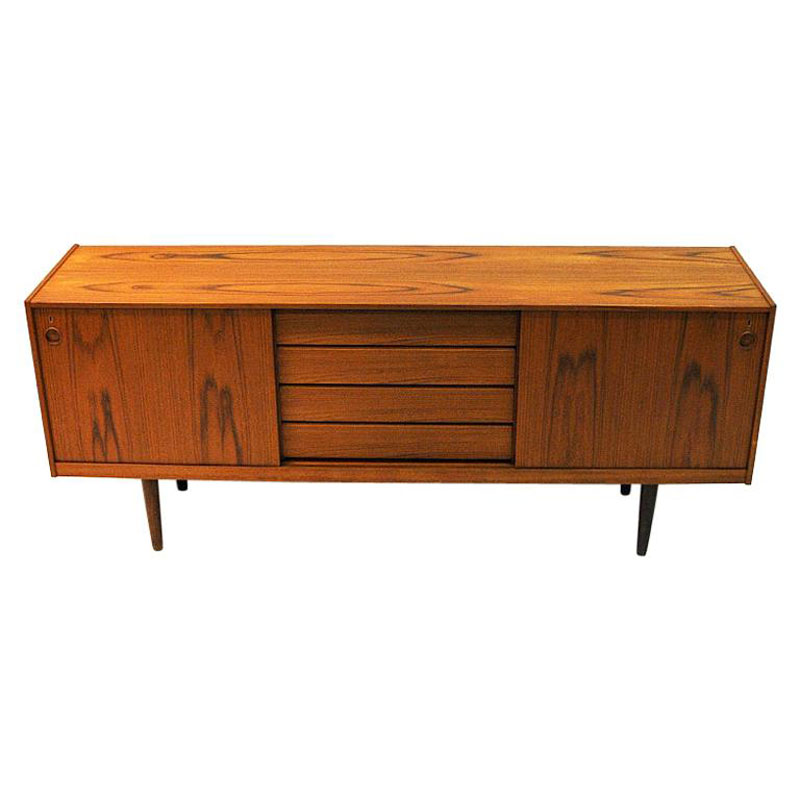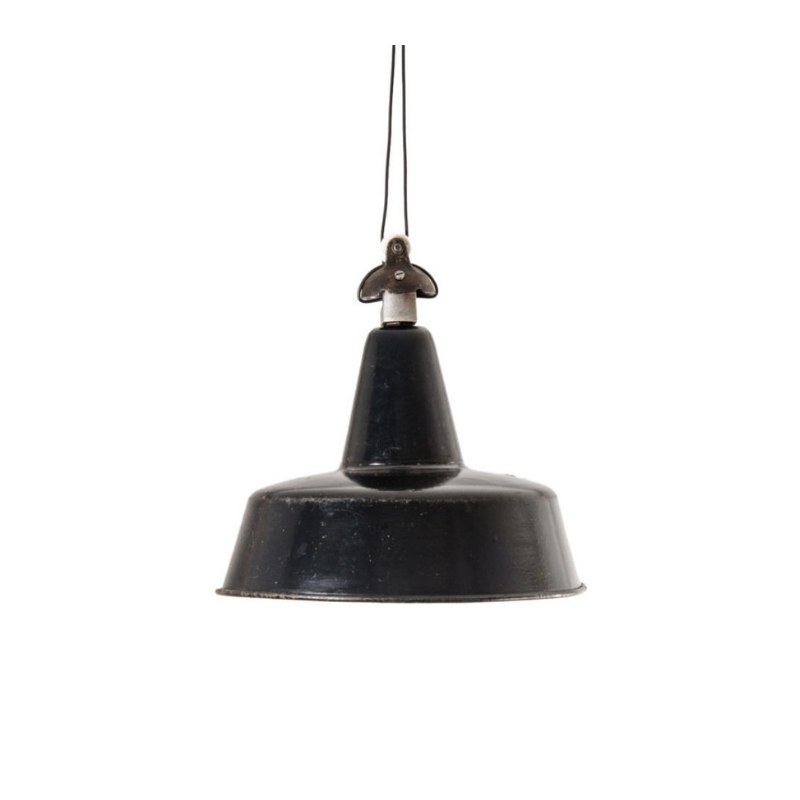I just scored an amazing table by G. Urs for $40. The top is copper. While I'm generally a fan of patina, this table's patina is ugly and splotchy and I'd like to even it out a bit. But I'm not sure how. I don't want to end up with a high gloss coppery sheen. Also, I'm not sure whether the copper was treated with some sort of tarnish retardant or protective coating that might react negatively with whatever cleaning solution I use. Suggestions? 

In this case, the corrosion
in certain areas qualifies as damage, not patina, IMO. I would be looking for restoration, too, as the design on the top is the primary element here.
There are experts in this practice and, to find them, I would start by contacting the closest mid-sized-to-large art museum and ask about referral to conservators that specialize in outdoor sculpture.
The next step down would be metal refinishers. Some of these, depending on experience, are quite talented and are, generally, much less expensive than art conservators. I'd want a detailed proposal along with references and/or documentation of successful similar projects.
or,
Take a wabi-sabi approach. Would a $40.00 (probably non-designer) table justify a full-blown restoration? And if indeed there were corrosion-o-copper, chances are that the metal will still outlast the current owners ownership of the lovely piece. But maybe I'm wrong...I've been wrong before. I'd still live with it as-is.
Respectfully,
Old Mark
tktoo - good answer
I still remember when my then puppy (now age 12) chewed the beak of a decoy that had both worth and sentimental value. Prior to adding the internet and email as another tool of my research, I located and contacted the Havre de Grace Decoy Museum. They provided the name of their conservator and museum grade restoration (not repair) was the end result.
On another note, a trusted dealer once told me to never "purchase projects". I ignored his suggestion and bought his project. I got bored, failed to accomplish my goal and he graciously reacquired the "project" for the original amount. I have never bought another project since that time.
I think this table is...
I think this table is well-worth restoration. It is signed "G. Urs made in Italy" and one sold on 1stDibs for about $3K (I emailed the dealer to check). There's one for sale on eBay right now for over $2K. I wish I knew who G. Urs was, but I haven't had any luck finding out. Monetary value aside, the table is just so beautiful. I love how the dancing figures emerge organically out of the abstract geometric shapes.
I'm glad your duck got his beak back, Niceguy. Happy ending. That's what projects are for me - taking something sad and beat up and restoring it to its former glory. I'm the person who restored that pitiful George Nelson dresser, if any of you remember that thread. I was hoping that a little Brasso and elbow grease would solve this table's problem, but apparently not. I'm glad I asked before I did some real damage.
If anybody knows anything about G. Urs, please chime in. And I'll keep you posted on the table's progress.
http://www.1stdibs.com/furniture/tables/coffee-tables-cocktail-tables/et...
http://www.ebay.com/itm/Pair-Mid-Century-Signed-G-Urs-Italian-Copper-Etc...
http://www.ebay.com/itm/Vtg-Italian-Signed-Mid-Century-Modern-Copper-Wal...
If it were mine I would...
If it were mine I would leave it alone. I see a beautiful, saleable table right now, with a bit of verdigris.
The upside is a table without verdigris, which by many people's opinion isn't even an upside.
The downside is a scrap copper top table.
And the path from here to the upside is a tightrope walk. Copper is incredibly reactive and you want to selectively remove, dimish, and enhance the patina to favor the intentional and original over the age acquired. You can't even strip it without the fear of the stripper leaving the table top bright copper. And assuming you strip it successfully you can't touch it with a bare finger without leaving your fingerprint in the patina. I have a bad case of nerves just thinking about it.
Contrast that with a wooden furniture restoration in which you start with junk, with minimal downside, and traverse a path to the upside that is well marked and hard to irretrievably fail.
Restoration in wood doesn't begin to prepare you for this.
That is why I think it is a bad idea.
But if you still want to try here is some more that will either persuade you not to or maybe keep you from destroying a really beautiful table. Good luck!
http://www.ebay.com/gds/How-to-Remove-Verdigris-From-Coins-/100000000179...
I would not try to do the...
I would not try to do the restoration myself. It's more complicated than I realized, and I get the willies just thinking about everything that could, and most certainly would, go wrong if I started playing around with lemon juice and catsup. I would have to entrust it to a professional, like tktoo suggested.
But I think I'm going to take your advice and just leave it alone. The numismatist in the article you posted says: "If the verdigris bothers you, I generally suggest buying a coin to replace the problem coin." I could always buy a new copper table. But I like this one, verdigris and all.
Besides, Mark calls the patina "divine," and I have great respect for his opinion.
My thanks to everyone for your input.
I agree the top is not aged...
I agree the top is not aged nicely.The blotches and square marks look more like damage or stains so make it unappealing.It will likely grate on you if it it looks unclean and marked rather than a nice patina but that is just my opinion of course.
If you noticed the 1stDibs one you posted looks to have been lightly cleaned and in my opinion it looks much better.Look at the difference in sheen which seems to shows it's been lightly done by hand.
I would do the same and clean it very lightly and carefully using just a microfibre and soapy water first before using any product.
If i used product I would clean something else with the rag first and when worn in use the same rag covered in only light residue of the product to lightly go over it.You need to avoid making shiny spots unless you want it all shiny of course.
You can always start with refinishing the timber base before starting on the top to assess the look but personally I would not spend much money on it.
Typically, I'd recommend leaving it as is.
Unfortunately, in this case, the "verdigris" corrosion products are local to the damp cardboard boxes left on the surface during prolonged storage in less than ideal environmental conditions. I find them disfiguring and distracting. If they were the result of exposure to weather and more even overall, I wouldn't necessarily see them as problematic.
Chemical and/or mechanical treatments may indeed be required to return the surface to its intended appearance. Specialists use a variety of chemical solutions and techniques to patinate non-ferrous metals like bronze, brass, and copper.
Dramatically differing hues, tones and other effects are possible.
Garlanre, how thick is the copper surface? Is the darker area of the design etched into it? If yes, how deeply? Where in the world are you?
Hi Tktoo,
It's hard to know the thickness of the copper. The table top itself is about 2" thick with two black plastic bands running along the bottom and the top edges. You can see the black bands really well in the 1stDibs photo. The band on the top is about 3/8" thick, and the copper rests on that, giving the impression that the copper itself is 3/8" thick. But there's a slight give when you press down on the table, as if there were some kind of padding between the copper and the table top, which I think is the case. That would make the copper much thinner than 3/8". I hope this makes sense.
The design is incised in intaglio into the copper about 1/8".
I live in the U.S. in Boston, Massachusetts. Plenty of good museums around here with sculpture conservators galore, I'm sure.
If you need any help, please contact us at – info@designaddict.com



